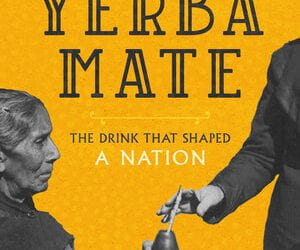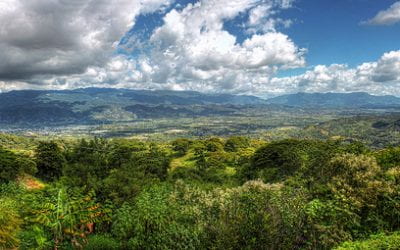A Tribute to Language and Love
Right now, some days ago, five hundred years ago, three hundred years ago, fifty years ago, thirty years ago, ten years ago, some days ago, Indigenous people have been killed. it does not matter whether the crisis is political or not, whether the powers that be are right or left. In the end, it is always the Indigenous people who fall on the streets, who are silenced and erased.
 This piece is a cry and an ode to those dead, to my dead. It is an attempt to register the pain and to turn it into something that can be shared over time.
This piece is a cry and an ode to those dead, to my dead. It is an attempt to register the pain and to turn it into something that can be shared over time.
I am an Aymara woman who doesn’t speak AymaraI. I feel this pain intensely. And so I turn to poetry, to the healing power of words, to try and make sense of it all or not even, just to allocate the emotional journey in a place where I can go to and distant from when life calls for it. My longing for the language has been placed in this poem, translated from Spanish to English and Aymara:
A Senkata y a mis muertos
I come with my little things to heal you
she sent me, my grandmother
with herbs, with coca leaves, and with her
commandment:
you’re going to chew
with your saliva and with force you are
going to rub her
— With her fingers outlining my neck—
like this like this like this
saying
she has taught me
and here I am
she heals our dead
she feeds them and listens
she listens to them
and since she cannot come, with the dead
she has stayed
but she has taught me
to me
In the poem, I address how throughout history, we navigate different ideologies or political positions and yet still end up dying on the streets. I wanted to create a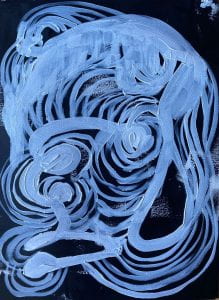 space where I could share these ideas and feelings in the way my grandmother talked to me. I wrote this piece in Spanish, but it is an Aymarized Spanish. The Aymara structure, the Aymara verbal modes, and the Aymara tone is the leading voice. Yet, the poem is still written in Spanish, as this is my mother tongue.
space where I could share these ideas and feelings in the way my grandmother talked to me. I wrote this piece in Spanish, but it is an Aymarized Spanish. The Aymara structure, the Aymara verbal modes, and the Aymara tone is the leading voice. Yet, the poem is still written in Spanish, as this is my mother tongue.
My grandparents didn’t allow me to listen to them speaking in Aymara. Any time I entered a room where they were having a conversation in Aymara, as soon as my brother or I was there, they switched to Spanish. Negating their language was a survival and a social mobility strategy, having Aymara as primary language would have meant having an accent in Spanish, and therefore being seen and treated as less. This peculiar device to access more opportunities negated their way of seeing the world, and it also negated themselves. By so doing, my grandparents were showing their love, a capital L love. They were willing to erase themselves, not through a gunshot in a political crisis but through an offering, the hope of a better future.
Through this work I am trying to grasp, to touch at least an edge of that grandiose Love. After the racial trauma and the colonial trauma, they loved. My grandparents loved me hard and well. They denied us their language and denied us part of themselves hoping to gift us brighter and lighter days. A love beautiful and painful, a love that is everywhere, certainly in every Indigenous community in the world, as well as in the immigration experience.
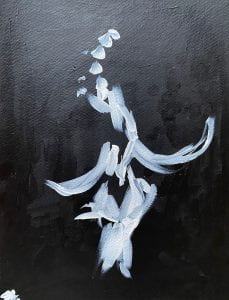 And it is this love that I seek to honor with this poem—a tribute to the dead, a tribute to the living, a tribute to the power of language and love to transcend even the darkest moments of history.
And it is this love that I seek to honor with this poem—a tribute to the dead, a tribute to the living, a tribute to the power of language and love to transcend even the darkest moments of history.
I wanted to invoke all this love and life and incarnate them in the book— a book written in an “incorrect” Spanish of its Aymara influence. Although the Spanish may be incorrect in the academic context, it is correct in its presence and vitality, still in our families, enriched with beauty and hidden layers of our real mother tongue, the real vision of the cosmos, the real knowledge. There lies the power of who we are beyond the imposition, the oppression, the hypocrisy, the dehumanization, and the instrumentalization of indigeneity. The undeniable power of this love that turns itself into the shaping of the colonial language and owns it is the force that permeates, still, everything we do, everything we say, everything we are. This is my tribute to my dead and my way of integrating their words, lives, and deads into how I navigate life because of them, the ones that loved us so intensely and gave us a path, and those who will come after us and for whom I live on love.
This journey of reclaiming my language and heritage incarnates the relevance of indigenity: how love can shape and transform even the most oppressive chapters of personal and global history, leaving a lasting legacy of hope and resilience for generations to come.
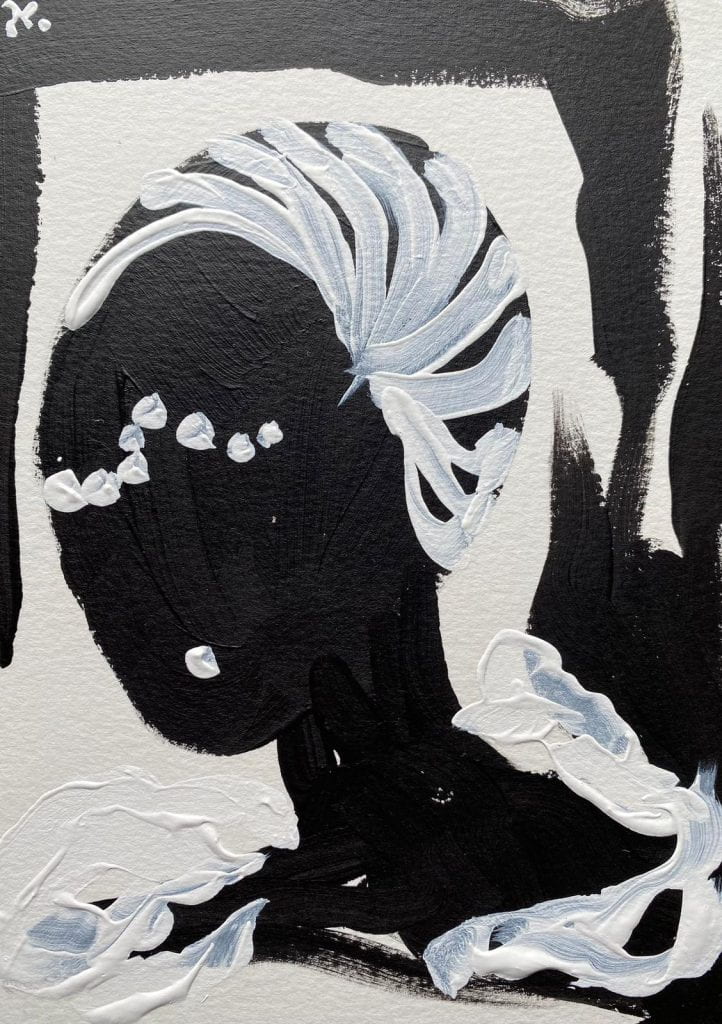
Sharoll Fernandez Siñani is the Director of the Zera Bolivia Educational Foundation. She is a Harvard Graduate School of Education Ed.M candidate in the Education Policy and Analysis program with a concentration on Identity, Power, and Justice in Education, and a member of the indianista-katarista group Jichha
Related Articles
A Review of Yerba Mate: The Drink that Shaped a Nation
On any given day, millions of South Americans—in the subcontinent and around the world—would engage in the same ritual. We heat water (making sure it doesn’t boil), prepare the mate, and sip, sip and sip. But where does that green, earthy, addictive, and for many outside South America exotic, drink comes from?
Editor’s Letter – Indigenous Voices
Editor's LetterFrom the Maya in Guatemala to the Mapuche in Chile, Latin America’s Indigenous peoples are on the forefront of fighting for rights, whether against mining and deforestation or for land rights or the right to express themselves as a culture. We divided...
The Health of Indigenous Populations in Mexico: Disencounters
English + Español
In the year 2000, we participated with Médecins Sans Frontières (MSF) in a medical-humanitarian project in impoverished indigenous communities in San Juan Cancuc, in the region of Los Altos de Chiapas.

